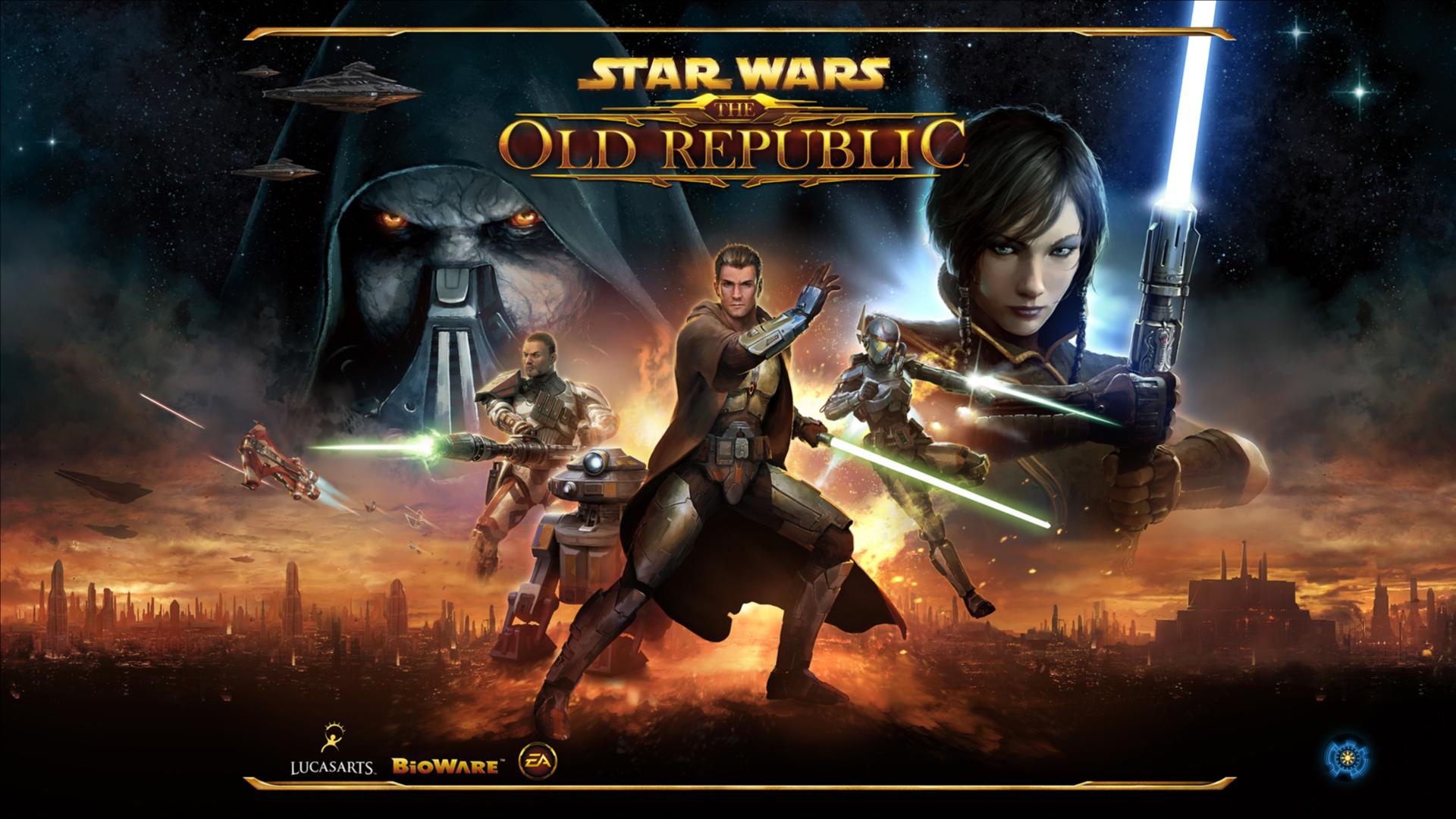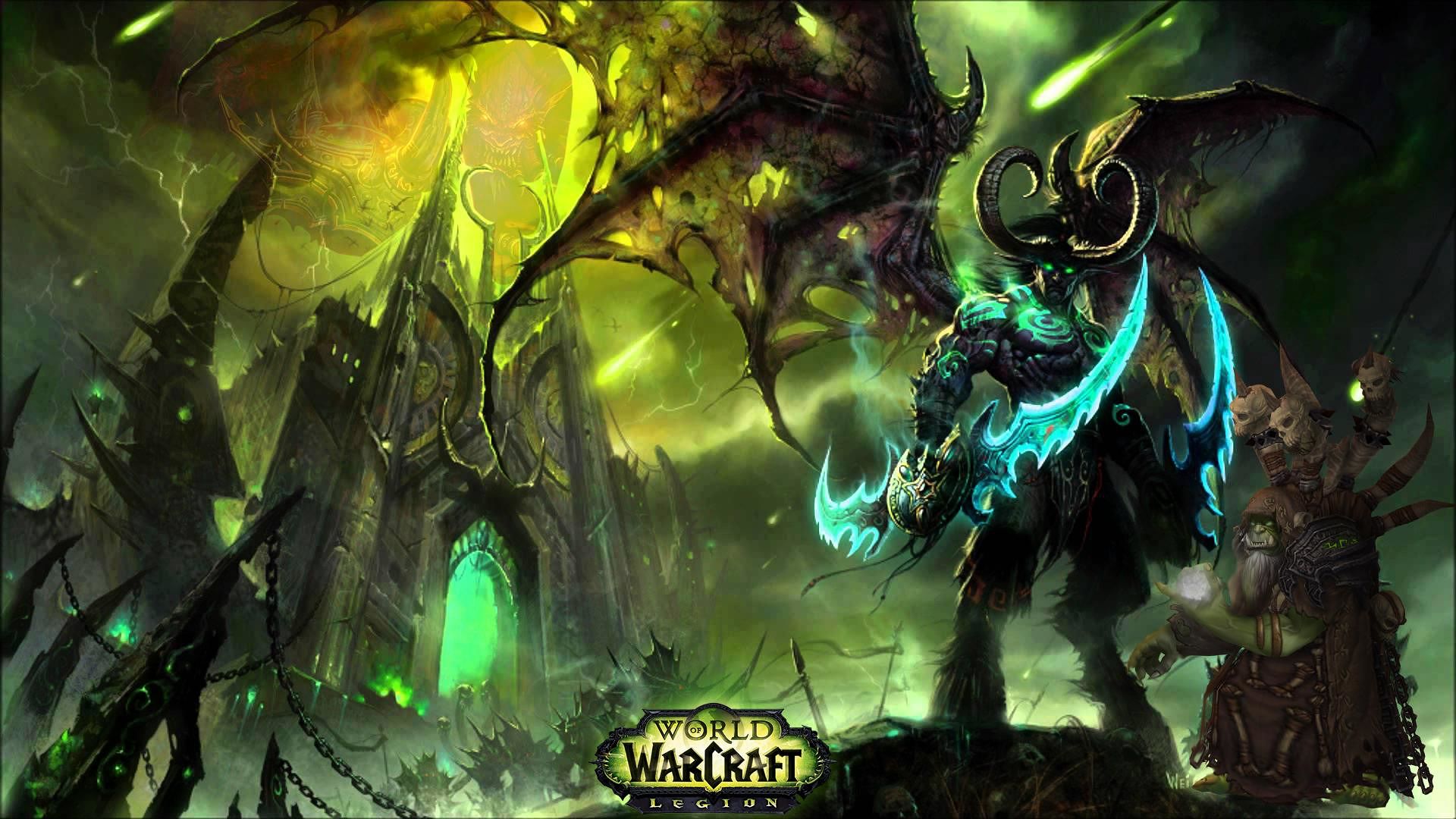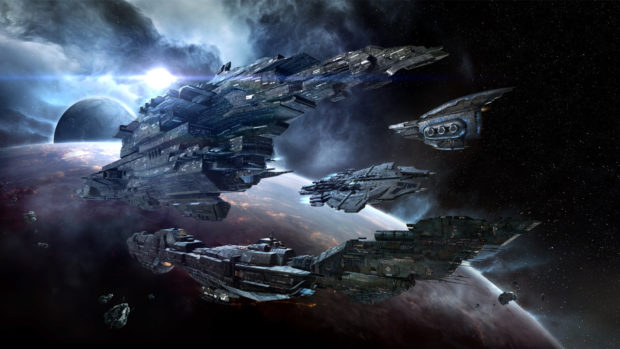Earlier this week the developers behind Eve Online – one of the longest running online games – announced they were investigating making the game free to play.
Until now, Eve has always been a purely subscription-based game. Players paid a monthly fee to allow them to play the game.
While there has been the option to play for a two-week trial period for a number of years now, what you could actually do in the game was limited.
Unlike typical online games, Eve players learn new skills in real time. Lower level skills are required before you can unlock bigger and more powerful ships, weapons and defences.
Those on trial accounts had their access to these higher level skills restricted.
While this subscription model has served Eve well for the past 13 years, dropping player numbers have forced the developers to look at all options to reverse that trend.

SW:TOR
Other games have been forced to turn to the free-to-play (F2P) model, like Star Wars: The Old Republic, which launched with massive advertising campaign and more than 1 million people subscribing in the first three days.
Following dropping numbers developers Bioware took the brave decision to make the game free-to-play for the majority of gamers – encouraging more and more people to join their universe.
There is still a subscription model available, which gives players additional items, the ability to choose more races and access to all new content released for the game.
However, the developers use in-game micro-transactions, like those on Facebook and mobile games, to allow free players access to this content for a one-off fee.

World of Warcraft
Other games like World of Warcraft have managed to maintain its long established subscription model, charging people an upfront fee to buy the game, followed by a month-by-month charge to continue playing. Players are also required to pay for access to new expansions on release, or wait up to two years to gain access to this content for free.
A minor tweak last year to this model, the introduction of the WoW token, was likened to PLEX within the Eve Online universe.
Both effectively allow people to use real currency to buy an item, then sell it in game for the game’s currency. This token can then be used by another person to extend their subscription by 30 days without using real money. The real benefit comes to those players who often have more time to play the game, or have a lower income.
However, as every 30 days worth game time has been paid at some point in real currency, this is not a F2P model.

Eve Online
Eve is different to all those other games though. For starters, it’s been around for more than a decade and has a playerbase which is extremely protective of the game.
While scamming, cheating and betrayal are all encouraged (for the most part at least) within the game, there is still a great sense of community among the hundreds of thousands of players who share the unique single shard universe.
Pilots, as players are known in Eve, have always prided themselves on playing what is widely regarded as the most difficult online game out there. It has a legendarily steep learning curve and an unforgiving style of play – there’s a reason the phrase ‘only fly what you can afford’ is repeated on mass to new players – losing an expensive ship, can take days if not weeks to replace.
As well as being a part of the most difficult game, the playerbase is very adverse to change to any aspect of the game which gives people with more real life money an advantage – as such , there are no ships or special ammo available to purchase with real money.
Skill extractors, where people can use real money to boost their characters skills, were initially greeted with mass negativity. Despite this, the change was released to players, many are still unhappy they are in the game, but most have accepted it. They understand the extra money earned by CCP, the developers, is required to keep the game alive and developing.

For me, I imagine this is what will happen with the plan to move the game to a hybrid F2P subscription model.
Right now, a lot of players are angry about the change – it’s a massive shift which will take a long time for them to process.
But this needs to be seen for what it is – a positive balancing act to keep existing players happy and engaged, as well as welcoming new blood to the game.
The F2P characters will have full access to all areas of the game, but will instead have the skills they can learn massively limited. There’s no risk of a F2P character working up and flying the biggest or best ships in the game without first having to spend money on a subscription.

For those normal characters, those who already use PLEX or pay for a subscription, nothing will really change. Expansions will continue to be free, there’s just going to be more people in space to shoot at.
If this keeps the company around longer, putting it in a stronger position to drive through its Second Decade, all the better.
The introduction of this new subscription model is planned for later this year, as part of the November expansion – if you’ve never given Eve a try now will be the best time to get involved.
